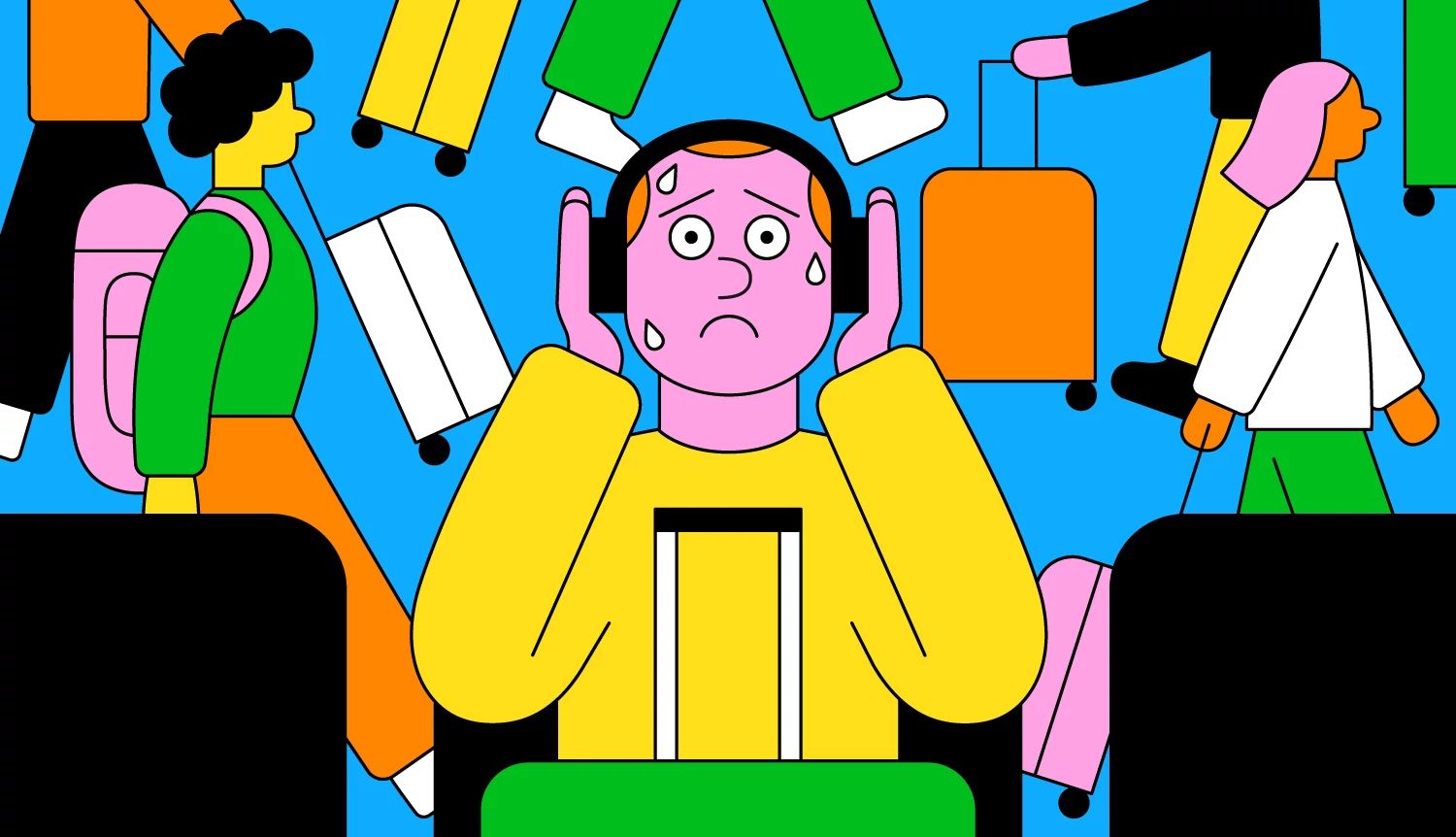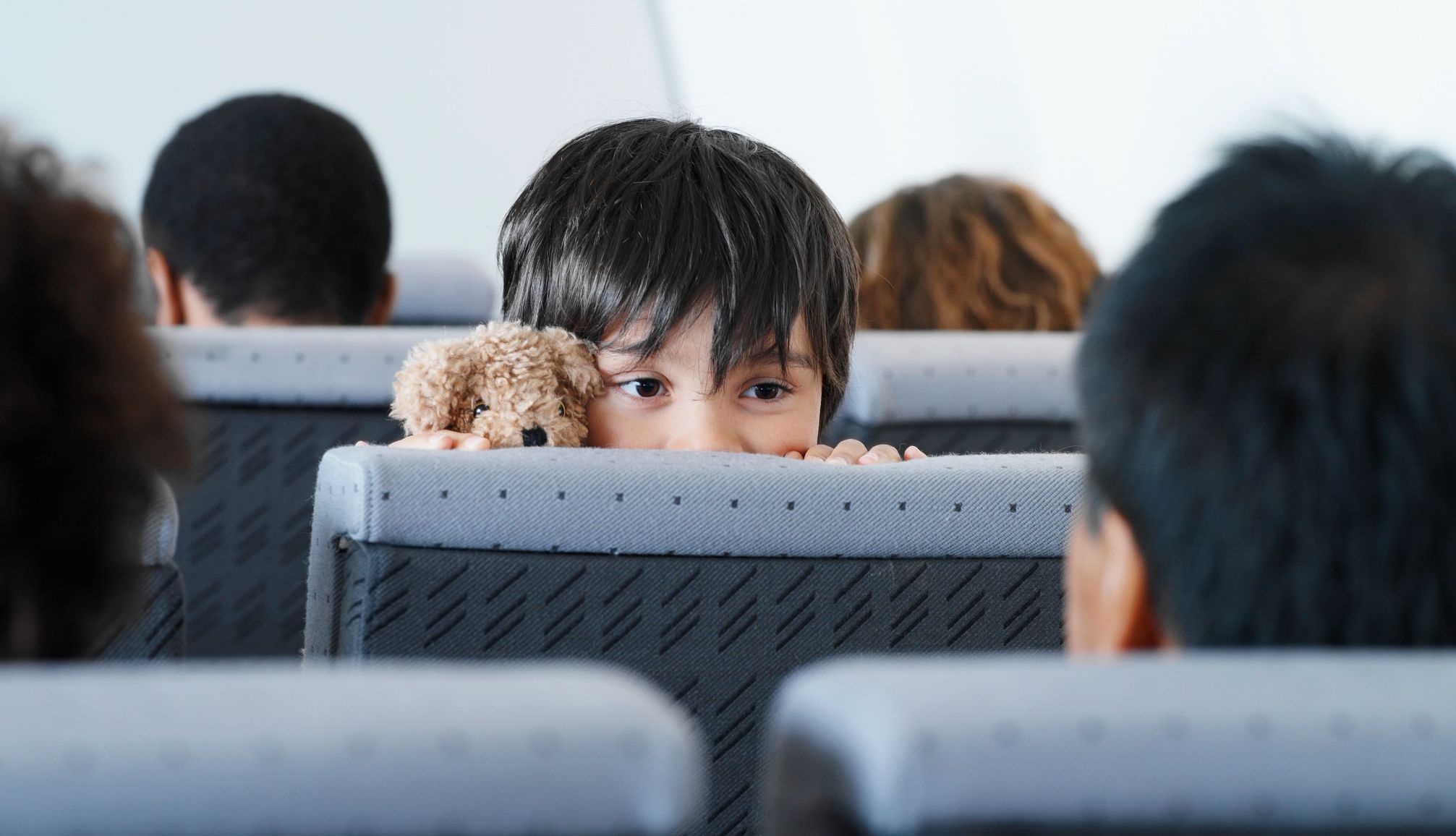AARP Hearing Center
The U.S. Department of Transportation (DOT) issued a rule Wednesday that requires airlines to automatically provide passengers with cash refunds when they are owed and to better disclose fees, sometimes called surprise or “junk” fees, during the ticketing process.
“Passengers deserve to know upfront what costs they are facing and should get their money back when an airline owes them — without having to ask,” U.S. Transportation Secretary Pete Buttigieg said in a statement, adding that airlines will be required to reveal costs before a ticket is purchased. The secretary said the new rule will save passengers time and money.
In addition, the rule codifies what is considered a “significant change.” Under current regulations, airlines decide how long a delay must last before triggering refunds. According to the DOT’s rule, significant changes to a flight include departure or arrival times that exceed three hours for domestic travel and six hours for international travel; departures or arrivals from a different airport; passengers downgraded to a lower class; an increase in the number of connections; connections at different airports; or trips on planes that are less accessible for a person with a disability.
Airlines still will be allowed to offer another flight or a travel credit instead of a refund, but consumers can reject the offer.
The rule will also apply to refunds of checked-bag fees if the bag isn’t delivered within 12 hours for domestic flights or 15 to 30 hours for international flights for passengers who submit a mishandled baggage report. And it will apply to fees for things such as seat selection or an internet connection if the airline fails to provide the service.
The DOT requires refunds to be:
- Automatic: Passengers shouldn’t have to ask for a refund or fill out paperwork.
- Prompt: Refunds must be issued within seven business days for credit card purchases and 20 calendar days for other payments.
- Cash or the original form of payment.
- The full amount, including all taxes and fees.
Complaints about refunds skyrocketed during the COVID-19 pandemic as airlines canceled flights. Even when they didn’t, many people didn’t feel safe sharing a plane cabin with other passengers. Flights were also canceled as more passengers returned to the skies after the pandemic.
In a statement, a spokesperson for Airlines for America, a lobbying organization for major airlines, said members offer a range of options — including fully refundable fares. The organization said that from January 2020 to December 2023, the 11 largest U.S. passenger airlines issued customer refunds in the amount of $43 billion.






























































